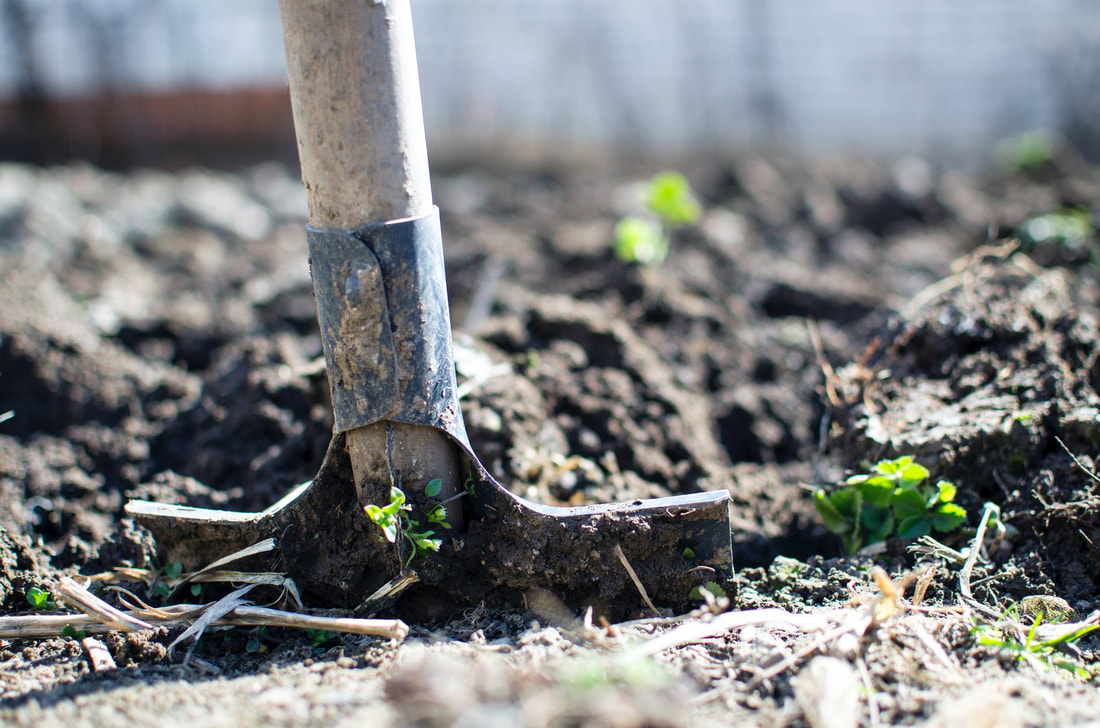|
The Breadcrumbs widget will appear here on the published site.
By Sara Swallow
The thing is, we all have to eat. When you go to the grocery store, most of those bananas, oranges, and tomatoes are coming either from a far away place, or they were grown in a greenhouse. Unless you’re going to farmer’s markets, chances are you’re buying produce that traveled hundreds of miles to get to you, and if you live in the city, fresh produce might be even harder to find. This concept is known as “food deserts.” A food desert is defined as "areas within city centers where low-income people have poor access to vegetables, fruits, and other whole foods” as described by an article from Environmental Health Perspectives published in 2008.
Food is a necessity and while it doesn’t make much sense why we have to pay for something we need to survive -- I’m looking at you, capitalism -- we still need food nonetheless. A good diet is crucial for overall good health so they’re doing more than just feeding people, they’re helping people feel their best. So, what can be done about urban food deserts? Well, how about we put the food where the people are in the form of urban gardening/farming? The Benefits of Urban Farming
Urban farming helps decrease travel people have to make to get fresh food and thus make it more readily available. Greensgrow, a non-profit organization based in Philadelphia that seeks to connect people to urban farms and educate about them, describes the different purposes urban farming can fulfill: “Some urban farms are built exclusively for education, training or re-entry programs. Many are built to improve food access in a specific community or to continue traditional culinary cultures. Some are built as for-profit concerns, recognizing that the savings on food transportation can make urban farming financially viable as well as more environmentally responsible. For others food justice is the reason to develop urban farms in their communities, which means improving the access to fresh food for economically disadvantaged communities.”
Gardening is also an act of courage and a way to promote justice. I first got interested in urban farming when I moved to Richmond, Virginia. I was away from the almost acre of land my parents had in our suburban house where I grew anything I wanted during the 2020 quarantine. When I moved to the city, I noticed that I did not have the same kind of space to get the amount of fresh produce from my space as I desired and so I wanted to see if there were people growing food in the city. What is the Difference Between Urban Gardening and Urban Farming?
Now, there’s a difference between urban gardening and urban farming. Gardening is more of the thing you’re thinking about right now: some tomato plants in your backyard and some cucumbers in a pot on your deck, but urban farming is a whole other thing. Urban farming is growing food on a larger scale that could help to feed a whole community. In Richmond, there’s an urban farm called Shalom Farms. Here’s a quote from Shalom Farms on their mission statement: “We believe everyone should have good food-- food that is good for our bodies, good for the environment, and good for our communities. However, thousands in Richmond lack access to healthy food. Many people also lack the tools and resources to cook it, eat it, and share it. Through sustainable agriculture and hands-on experiences, Shalom Farms works with communities to ensure access to healthy food, and the support to lead healthy lives.” This is the kind of work that cities need to help bring about food security and food justice because everyone has to eat and everyone deserves to eat well.
How to Support Urban Farmers in Your Community
So, now what can you do? Well, there are a lot of things you can do to help support urban farmers!
We all need to eat, and not everyone has the opportunity to eat well. Urban farming can help bring about food justice for all.
0 Comments
CommentsYour comment will be posted after it is approved.
Leave a Reply. |
AuthorWrite something about yourself. No need to be fancy, just an overview. Archives
March 2024
Categories
All
|



 RSS Feed
RSS Feed






